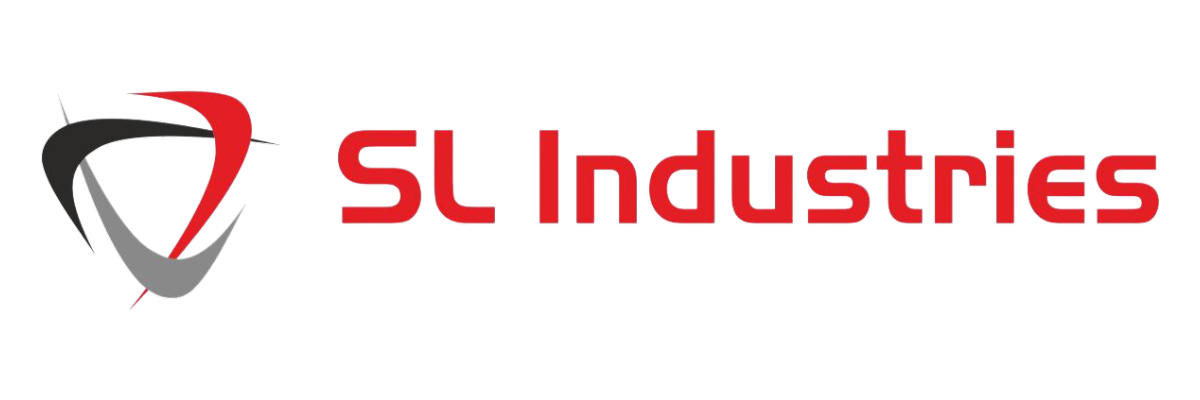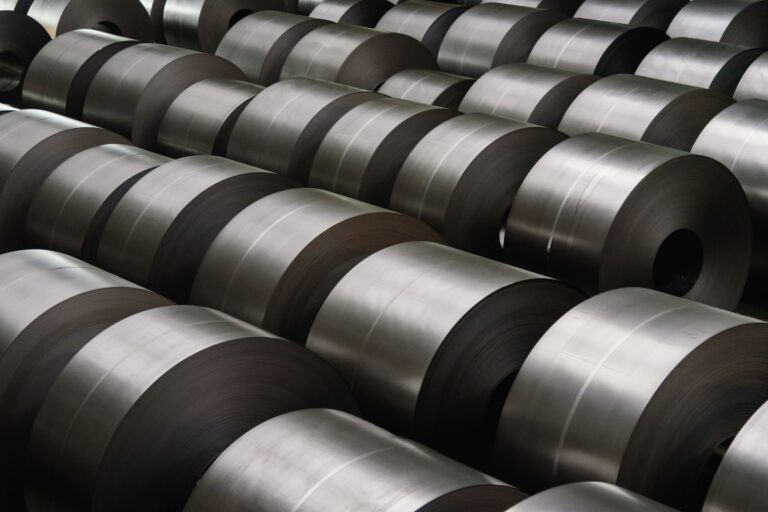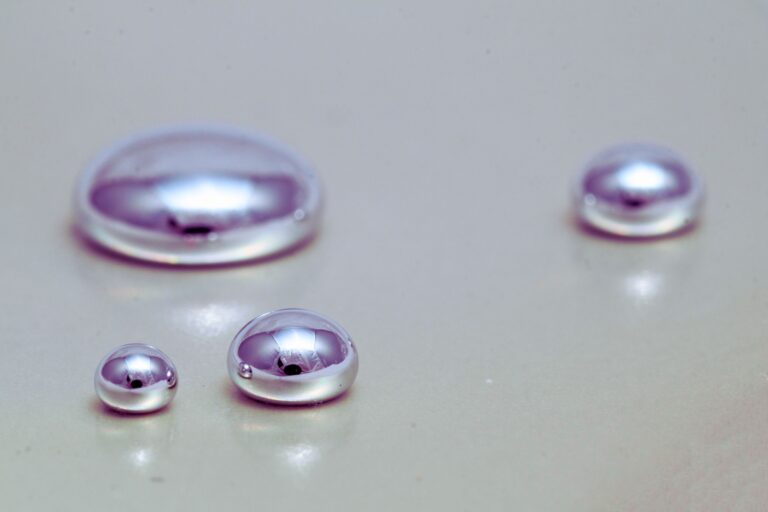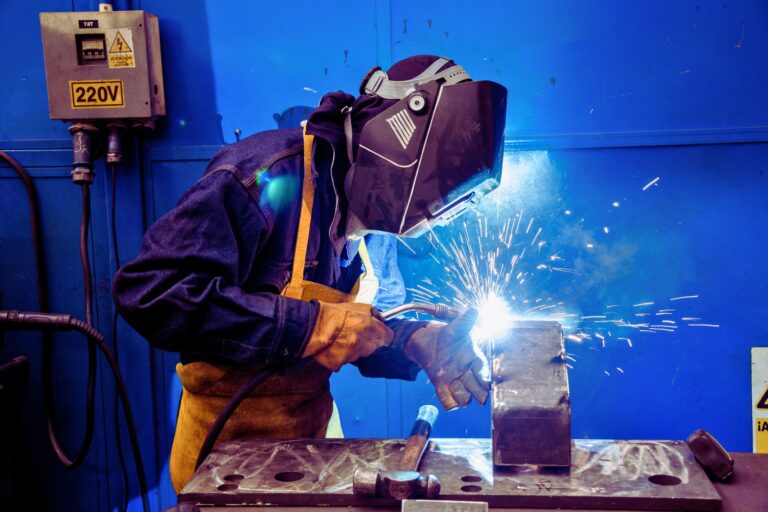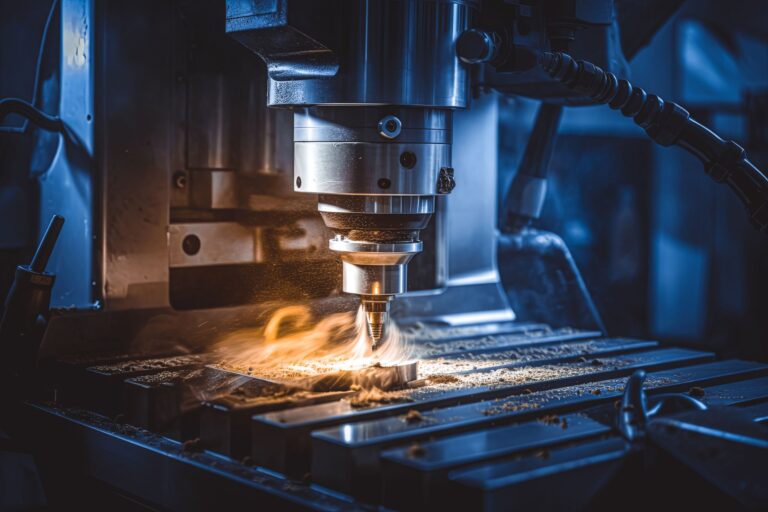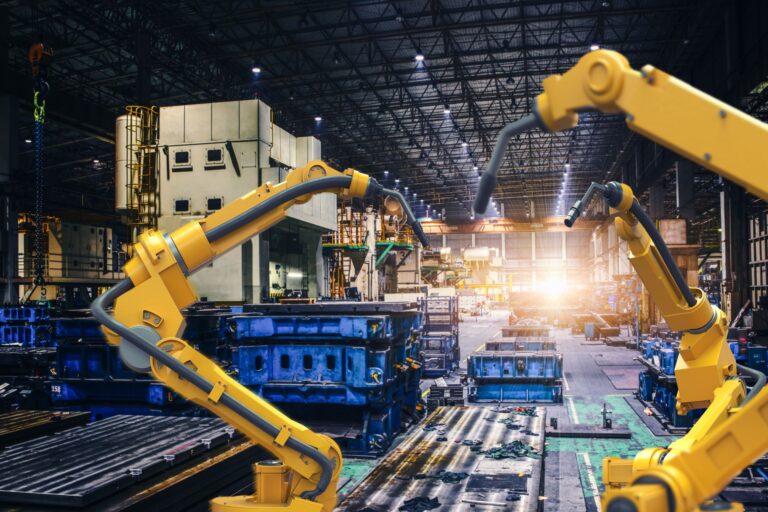At SL Industries Ltd., we are keenly aware of the vital role that precision plays in manufacturing. While we currently collaborate with external suppliers for the production of precision components, we understand the profound impact that precision machining can have on product quality, particularly in the heavy equipment industry.
The Art of Precision Machining
Precision machining involves creating components with exacting tolerances, often down to fractions of a millimeter. This process is crucial in ensuring that every part fits and functions perfectly within the larger system. For heavy equipment, where the margin for error is minimal, precision machining is essential for maintaining the integrity and reliability of the machinery.
The Power of Accuracy
In any mechanical system, the accuracy of each component directly affects the performance of the whole. Precision machining allows manufacturers to produce parts that meet strict specifications, reducing the risk of malfunctions and extending the lifespan of the equipment. Accurate components help prevent operational failures and contribute to safer, more reliable machinery.
Efficiency Through Precision
Precision machining also enhances the efficiency of the manufacturing process. By producing components that meet exact specifications from the outset, manufacturers can reduce the time and cost associated with rework and adjustments. This efficiency not only speeds up production but also ensures consistent quality across all parts.
Versatility in Design
The versatility of precision machining is one of its most significant advantages. It allows manufacturers to work with a variety of materials, including metals, plastics, and composites, to create complex components with intricate details. This capability is especially valuable in heavy equipment manufacturing, where diverse materials and design requirements must be met.
Endurance in Extreme Conditions
Heavy equipment often operates in challenging environments, from construction sites to mining operations. Precision machining ensures that the components used in these machines are robust enough to withstand harsh conditions, including exposure to extreme temperatures, moisture, and abrasive materials. This durability is essential for maintaining the operational efficiency of the equipment.
Economic Efficiency
While precision machining can involve higher upfront costs, the long-term benefits are substantial. Components produced through precision machining are typically more durable and require less frequent maintenance and replacement. This reduction in downtime and maintenance costs makes precision machining a cost-effective choice over the lifecycle of the equipment.
Real-World Applications
The benefits of precision machining are evident in the performance and reliability of heavy equipment used in various industries. From construction to logistics, precision-machined components help ensure that machines operate smoothly and effectively, even under demanding conditions.
At SL Industries Ltd., while we currently rely on external suppliers for precision components, we are committed to understanding and integrating the principles of precision machining into our operations. As we look to the future, we aim to further explore how these techniques can be applied to enhance the quality and performance of the machinery we offer.
